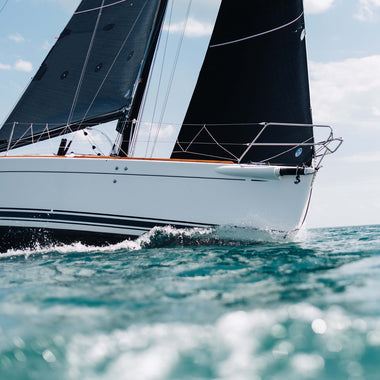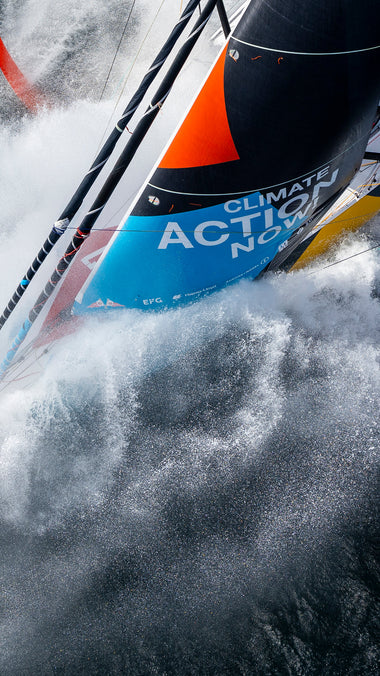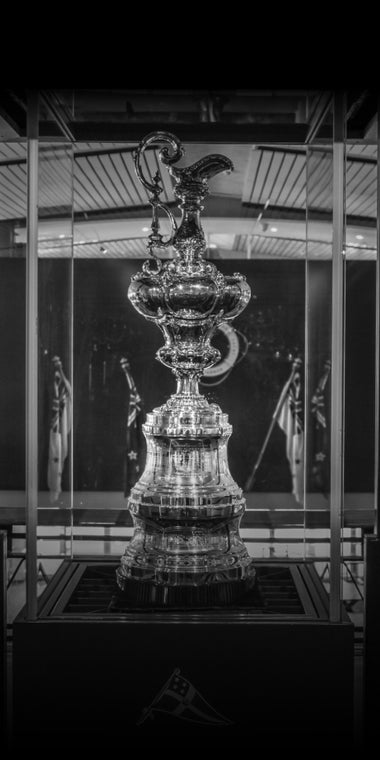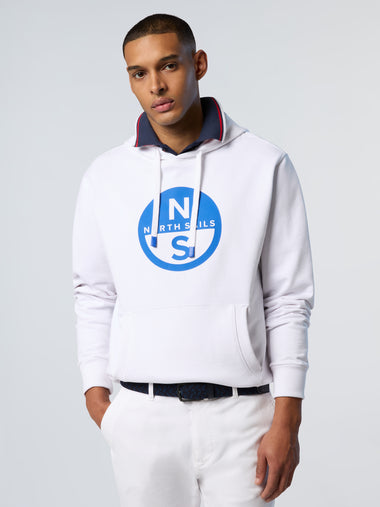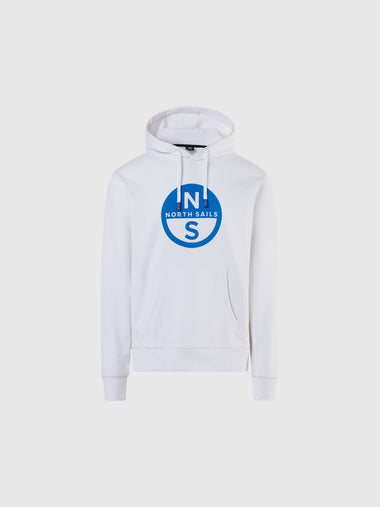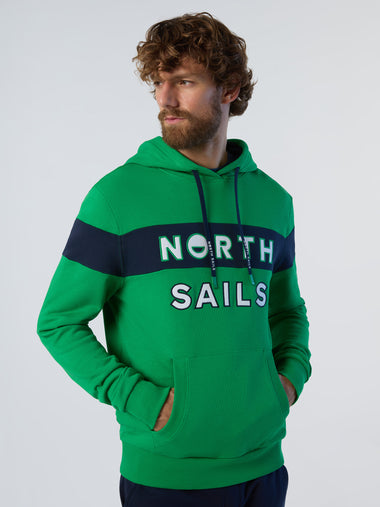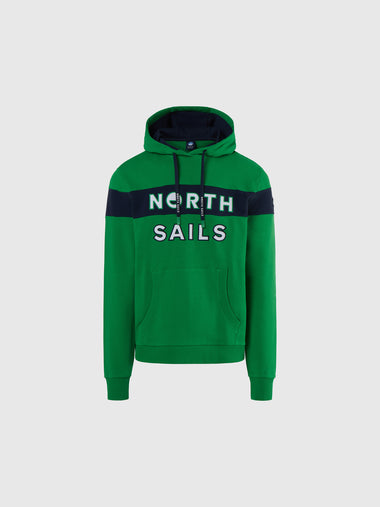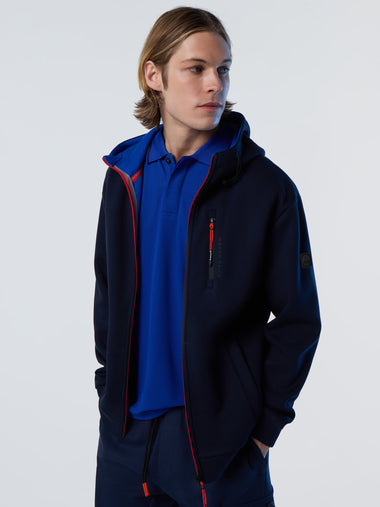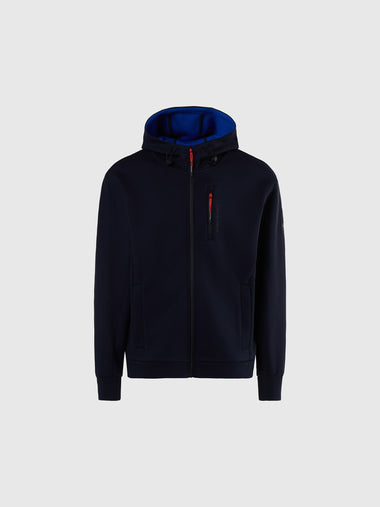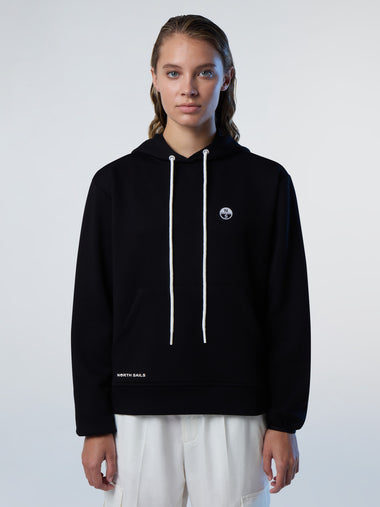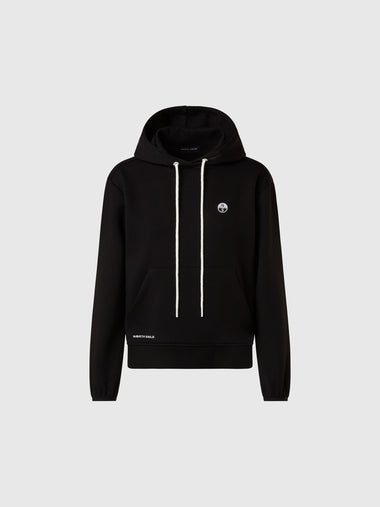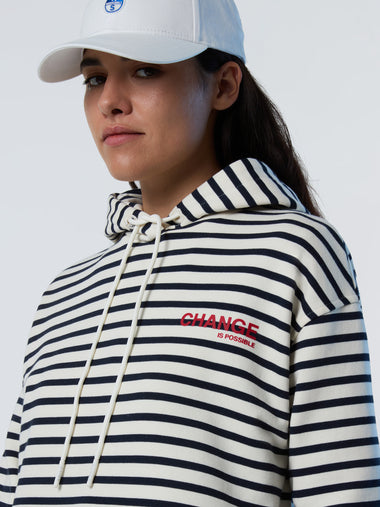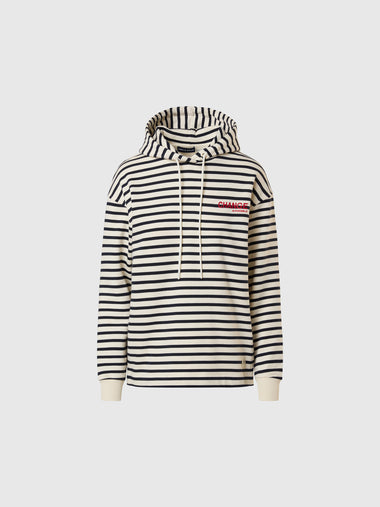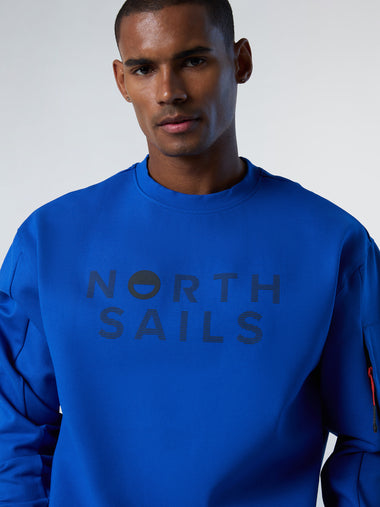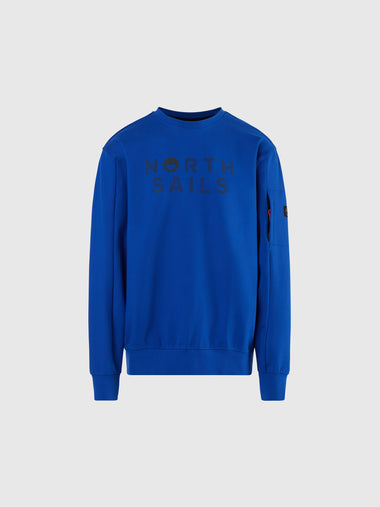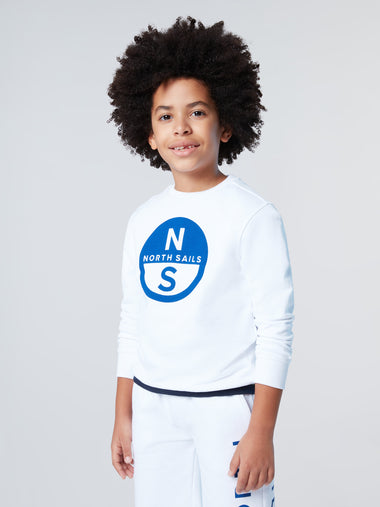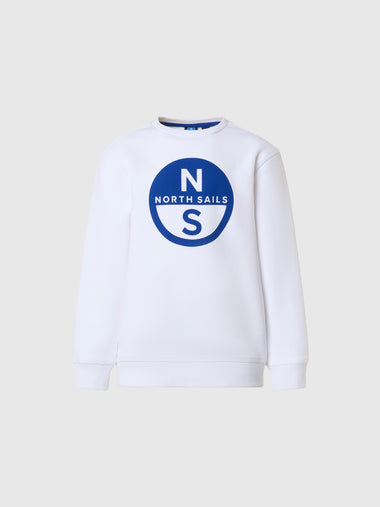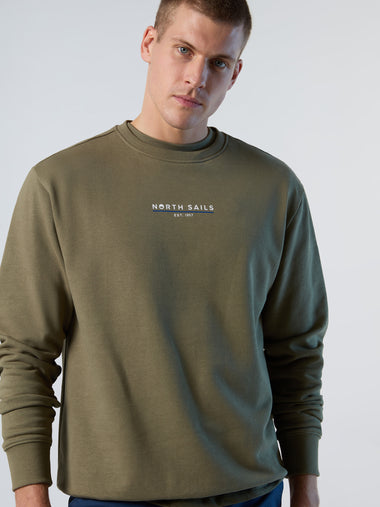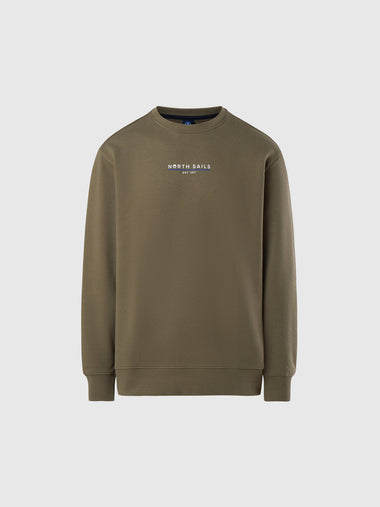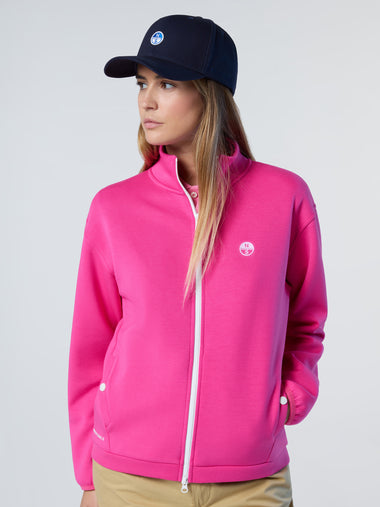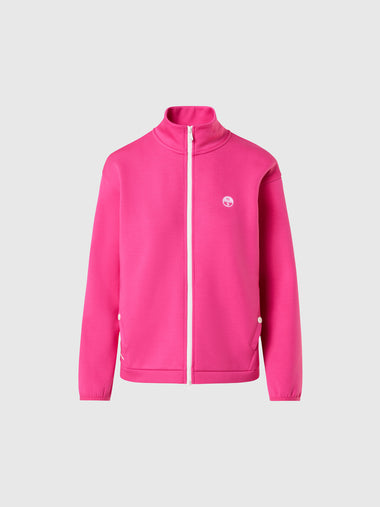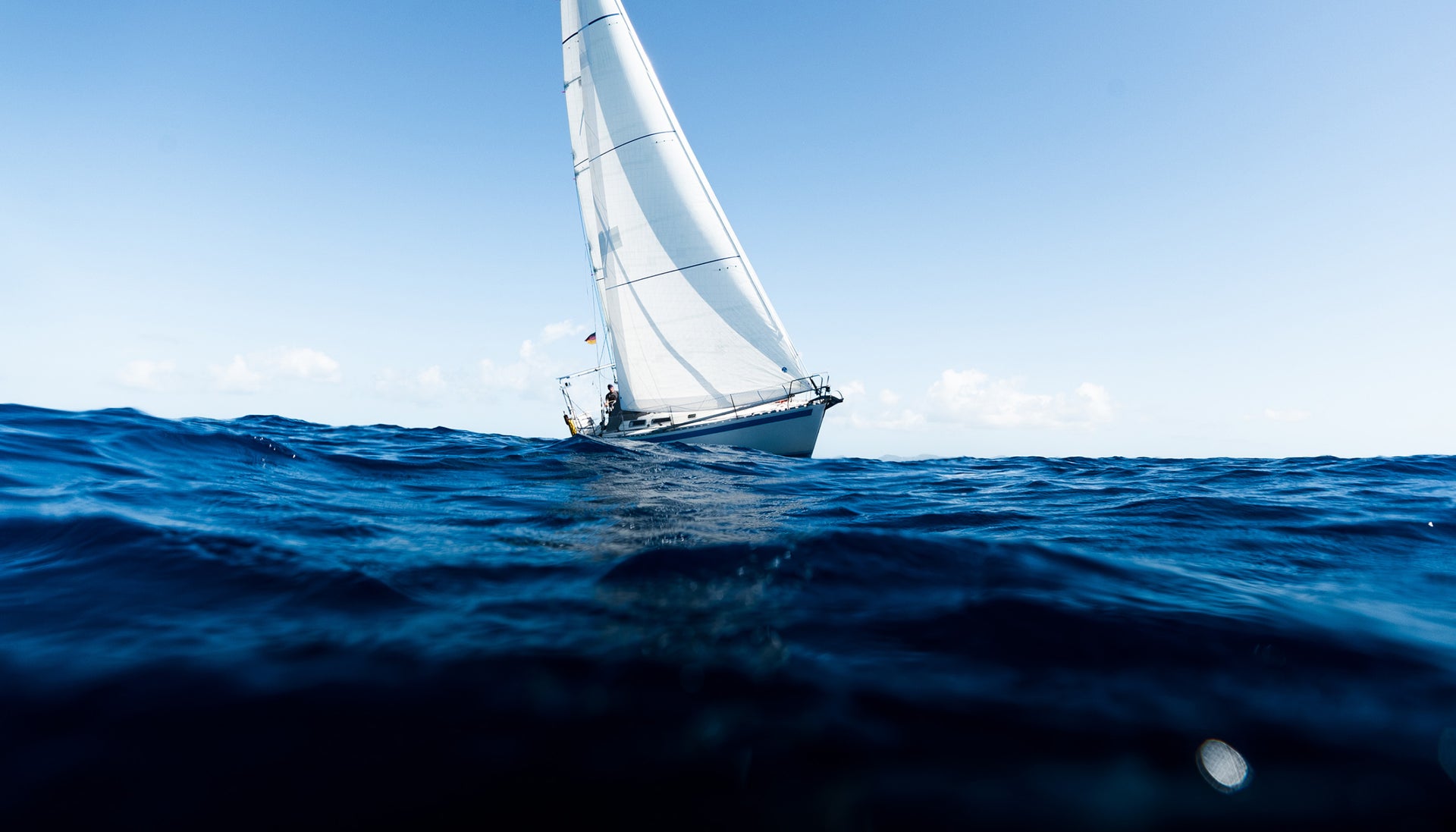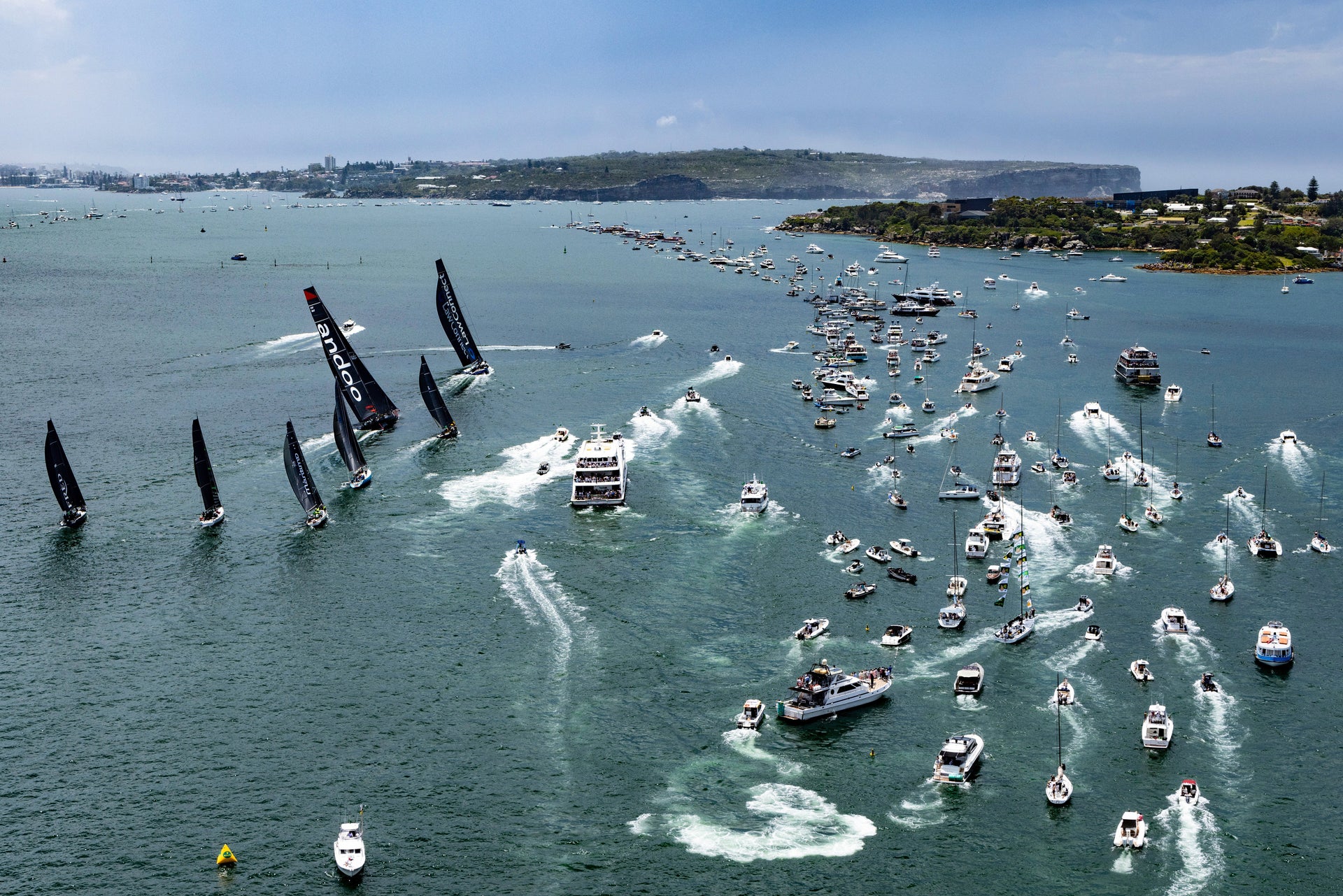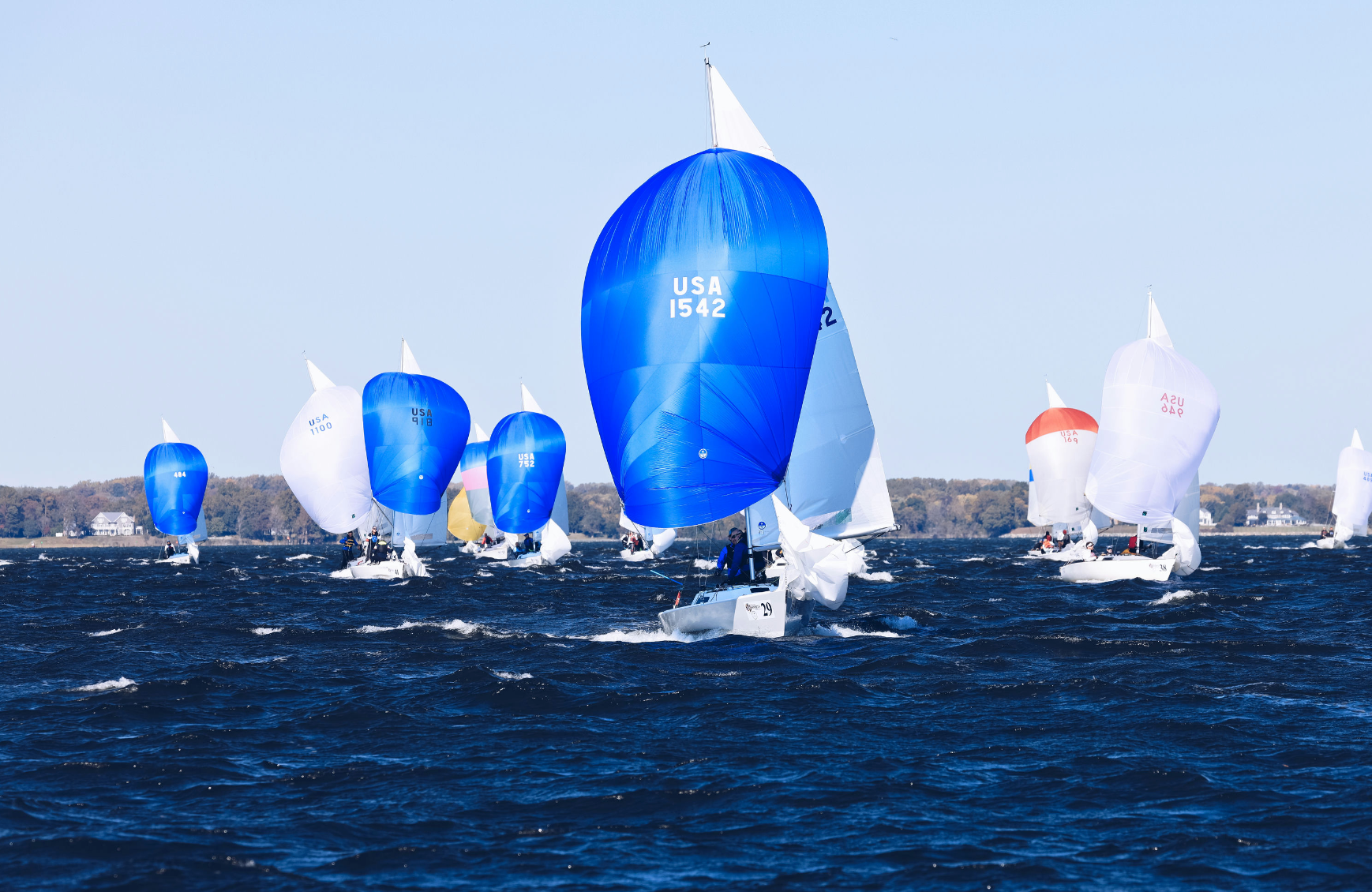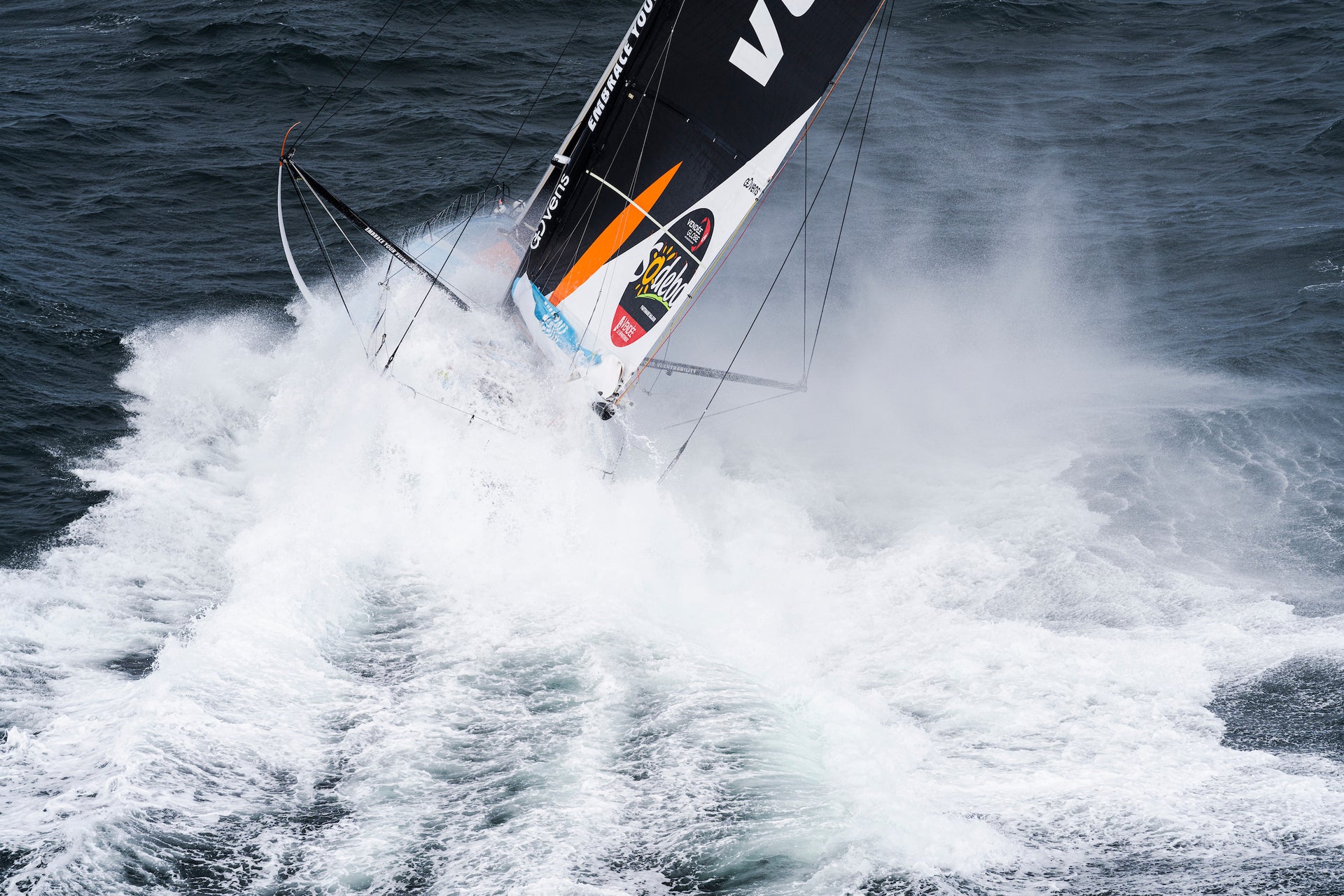TP 52 SUPER SERIES PREVIEW
TP52 SUPER SERIES PREVIEW
North Sails Experts Dive Into the 2020 Circuit

A year ago, just ahead of the 2019 TP52 Super Series, North Sails designer Mickey Ickert was already excited about the 2020 season. “With 3Di, I think we are still just scratching the surface of its potential,” he said then. Now, on the cusp of the first regatta, Mickey and Executive Vice President Paul “Flipper” Westlake are both equally bullish on the incremental gains the North Sails design team has made since their in-depth team debriefs after last year’s final regatta.
For 2020, North Sails improved the 3Di layouts again as the learning curve is still steep. Downwind sail inventories were refined to create specialist sails that are not too narrow in application. “The A2+ will be an important sail in Cape Town,” Mickey says, “if the venue turns- up its windy side.”
This year’s schedule starts off in that new location, as Flipper explains: “We’ve never been to Cape Town.” Two regattas will be sailed in this South African offshore sailing mecca, and the second is the World Championship. “So everyone’s really excited, but there’s a little bit of anxiety at the same time. Ten really good teams will sail a six regatta series. At 10 races a regatta that’s 60 races, with no drops. You just can’t afford any failures or bad results. And Cape Town’s going to be a challenge, because it should be pretty breezy.”
The sailors and sail designers aren’t the only ones who need to be ready, Flipper adds. “This is going to be a challenge for all the teams and all of the suppliers, everyone down to the performance guys. There’s going to be some stressful times for the weather forecasting guys, too. The weather in Cape Town can be extreme, and getting each day’s forecast as close as possible is going to be a useful key for performance setups and strategies.”
The TP52s can race up to 30 knots in flat water, a brutal test for any brand-new sail inventory. Fortunately, 3Di is known for its excellent durability, even though Mickey says that most of the 2020 sails are lighter than they were in 2019. He also points out that, after the Worlds in Cape Town, there are four more regattas in the traditionally lighter air of the Mediterranean. With only seventeen new sails allowed per team through the final regatta in September, “TP52 teams may ask themselves: ‘Do we really want to invest in a specific heavy weather jib?’ You may gain a little bit on the top end, but it’s an expensive exercise in the sail cards for such a long season.” North Sails Designers will be helping their teams work through that decision-making process.

Backup inventory
This year, for the first time, the Super Series will allow teams to race with used sails without spending a sail button. “All the sails sitting in a team’s container that they buttoned last season in a Super Series event are available to race at no cost this season,” Flipper says. “I don’t expect to see a lot of 2019 sails on the race course, but it means a little bit more depth in your inventory to cover yourself, especially in a heavy-air event. It’s that comfort factor, that you’ve got a backup A4 on standby.”
Flipper agrees with Mickey that making the transition back to the Med will be a whole different challenge. “Scarlino, where the third event is, can be kind of light and moderate and it’s a bit choppy there, so we’re really going to have to change gears. By the time we get to Porto Cervo, which is the fourth event… if you don’t have everything looking good on the scorecard by then, you’re really going to struggle to pick points up against the good guys.” That’s why he thinks some teams might opt to use a few key pieces of 2019 inventory for the first two events. “If those sails can get you through Cape Town, you’ve got absolutely brand new, fresh Med-type sails, ready to go for Scarlino. Away you go.”

Worlds Focus
With the 2020 Worlds as the second event, Mickey thinks some teams may simplify their sail choices by choosing to focus on results in Cape Town. It’s not a new strategy; Flipper will be sailing on Bronenosec, the only team that started 2019 with a brand-new boat. “Last year our goal was to do the best we could for the season, but absolutely focus on the world championships.”
There are no brand new boats this year, but Flipper says all the teams have been working really hard on fine tuning and eliminating weaknesses. “We’re starting to talk about very small incremental gains. If we do see big breeze and flat water in Cape Town, I think that you won’t see much difference in setup and sail choice. But I defer to Mickey, because he sees the design trends across the fleet.”
Mickey agrees, adding that with no drop races, teams can’t get too aggressive. “You can push the boundaries, but you need to be very careful not overstepping. Especially on rig tune. But people will try, because it’s not very satisfying for anybody to finish fourth, fifth, or sixth.” With differences between the boats being so small, even tiny mistakes could make or break a podium finish.

2020 Inventory Updates
No fundamental changes were needed from last year, Mickey says. “We did a refinement to the 3Di RAW structures. And a few teams have done some additional design work with Helix, though the boat speed gains through minimizing forestay sag and projecting the jib luff using a Helix structure will be hard to come by in this fleet,” he predicts.
“The current TP52s are arguably the yachts with the highest relative forestay tension in the world,” he points out. “A 21 meter forestay that carries eight tons at the top end is already very optimized for upwind VMG. That said, being able to vary the sail loads along the jib luff will increase the range of achievable flying shapes. So for any jib, load-sharing will expand the performance window.
“The concept is out there, and teams are looking at it. It will be interesting to see if any sort of trim variations come through; people try to maybe push on the top end of jibs where there is still some forestay sag, to gain a little more range out of, say, a heavy jib.” Then he quickly backtracks from potential future improvements to what he thinks will be the winning strategy in 2020; “If you focus on the season, then you want to be very careful not to diverge too far from your overall inventory crossovers.”
One place where Helix has already proved quite beneficial is the spinnaker staysail, says Flipper. “Previously, no one really loved their staysail, but they expected it to be fast. With 3Di and Helix working together, you end up with a staysail that’s stable, projects well through the range, is tough, and can be built lighter than any paneled sail. Maybe 2020 will be known as the year of ‘Loving your Staysail!”
“We’re very demanding on every sail in the inventory,” he adds. “It’s because we want to push the weight, we want to push the shape holding. And we need to get performance longevity out of the sails.”

Winning approach
When asked for his own prediction on what would win the 2020 Super Series, Flipper says it will be a combination of outright speed, team chemistry, and a sprinkling of good luck. Brononosec’s alternate helm from last year, Olympic Gold Medalist Šime Fantela, is “full on with his 49er Olympic preparation for Japan. So Morgan Larson is going to step in and share the driving with owner Vladimir Liubomirov. And we have Jonathan McKee joining as tactician.” Flipper expects to see a few personnel changes on other boats as well, though he admits that’s all hearsay until “we get to Cape Town and see who is wearing what shirt. And within the Super Series fleet, each team has shown winning performances at times in 2019. So it’s going to be full on, everyone fighting for those inches around the course to keep the score count as low as possible. This whole Cape Town thing is going to be an incredible experience.”
The keys to success, Flipper and Mickey agree, are to get through the two regattas in Cape Town without having what Flipper calls “a shocker,” and to make the transition back to the Med with positive team attitude and a solid strategy intact. As Flipper concludes, “It’s going to be a long season for not getting too down if you had a bad result, and not getting too excited if you had a good one.”
